Poetry as Play. 'Gongorismo' and the 'Comedia.'.
During the Golden Age, poetry and drama entered into a dynamic intertextual and intergeneric exchange. The Comedia appropriated the different poetic currents prevalent during the Renaissance and also often enacted the controversies surrounding poetic language. Of particular interest is the influence of gongorismo on the comedia. Luis de Góngora himself experimented with dramatic form in his two little-known plays, Las firmezas de Isabela and El doctor Carlino. In his quest for effective dramatic language, Lope de Vega dramatized Gongorine language through both parody and respectful imitation. Calderón de la Barca, whose plays represent the culmination of Góngora's influence on Golden Age theater, transformed gongorismo into a rich, performative code that functions simultaneously as poetic discourse and dramatic convention.
{{comment.content}}
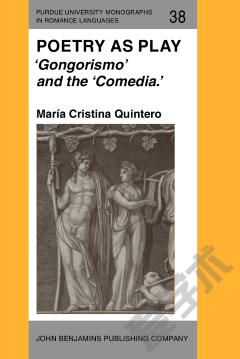
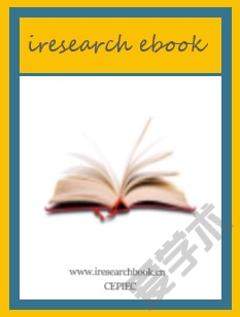
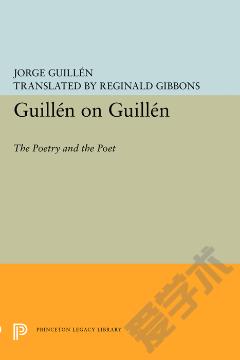
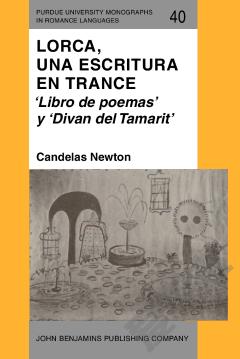

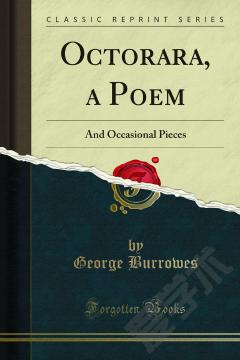
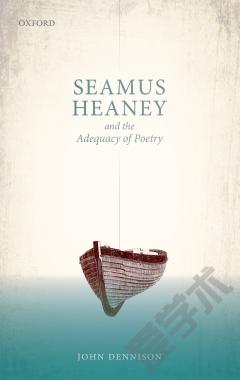

 京公网安备 11010802027623号
京公网安备 11010802027623号